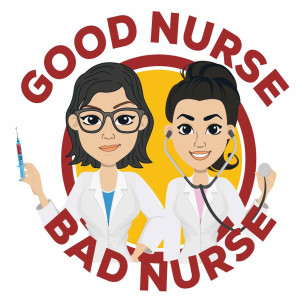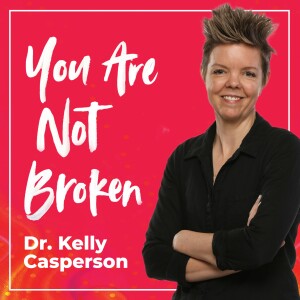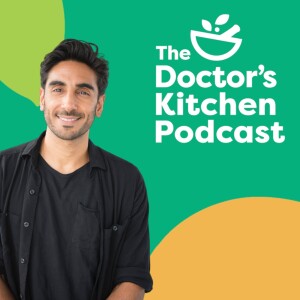

The Peter Attia Drive
#14 - Robert Lustig, M.D., M.S.L.: fructose, processed food, NAFLD, and changing the food system
2018-09-10
In this episode, Rob Lustig — a researcher, an expert in fructose metabolism, and a former pediatric endocrinologist — discusses what’s wrong with the current food environment, and what we can do to reduce our chances of becoming part of the obesity, diabetes, metabolic syndrome, and nonalcoholic fatty liver disease (NAFLD) epidemics. Rob recently earned a Master of Studies in Law because he believes that educating people about sugar from a scientific standpoint is only half the equation: the o...
In this episode, Rob Lustig — a researcher, an expert in fructose metabolism, and a former pediatric endocrinologist — discusses what’s wrong with the current food environment, and what we can do to reduce our chances of becoming part of the obesity, diabetes, metabolic syndrome, and nonalcoholic fatty liver disease (NAFLD) epidemics. Rob recently earned a Master of Studies in Law because he believes that educating people about sugar from a scientific standpoint is only half the equation: the other half involves changing policy, which he explains in this episode.
We discuss:
What’s the difference between glucose and fructose? [7:00]; Do we have biomarkers that can give us some indication of average exposure to fructose over a given period of time? [14:20]; What’s the difference between ALT and AST? [18:45]; Inflammation, endothelial function, and uric acid [21:30]; Is there something that fructose does better than glucose? [23:45]; For children that undergo a remarkable shift from metabolic health to metabolic derangement, is there a concern that these kids suffer an epigenetic hit that makes it harder for them later in life? [26:15]; How many times do you have to introduce a savory food vs a sugary food to an infant before they will accept it? [29:30]; How are alcohol and fructose similar in how they affect the brain? [33:51]; Advice for parents and kids for creating a sustainable environment that's going to prevent them from running into metabolic problems [40:30]; Why do some populations have a higher risk for NAFLD? [45:42]; What causes NAFLD? [48:45]; Is insulin resistance the result of NAFLD or is NAFLD the result of insulin resistance? [56:00]; HRV, cortisol, and norepinephrine [1:00:30]; What are the actual mechanisms that links metabolic syndrome, insulin resistance, fatty liver, and type 2 diabetes? [1:03:00]; Is the food industry still saying that all calories contribute equally to adiposity and insulin resistance? [1:09:00]; What is the difference between soluble and insoluble fiber and why do you need both? [1:13:00]; How can we change the food system when 10 companies control almost 90 percent of the Calories we consume in the US? [1:15:00]; and More.Learn more at www.PeterAttiaMD.com
Connect with Peter on Facebook | Twitter | Instagram.
Comments (3)
More Episodes
All Episodes>>You may also like
Create Your Podcast In Minutes
- Full-featured podcast site
- Unlimited storage and bandwidth
- Comprehensive podcast stats
- Distribute to Apple Podcasts, Spotify, and more
- Make money with your podcast
It is Free











